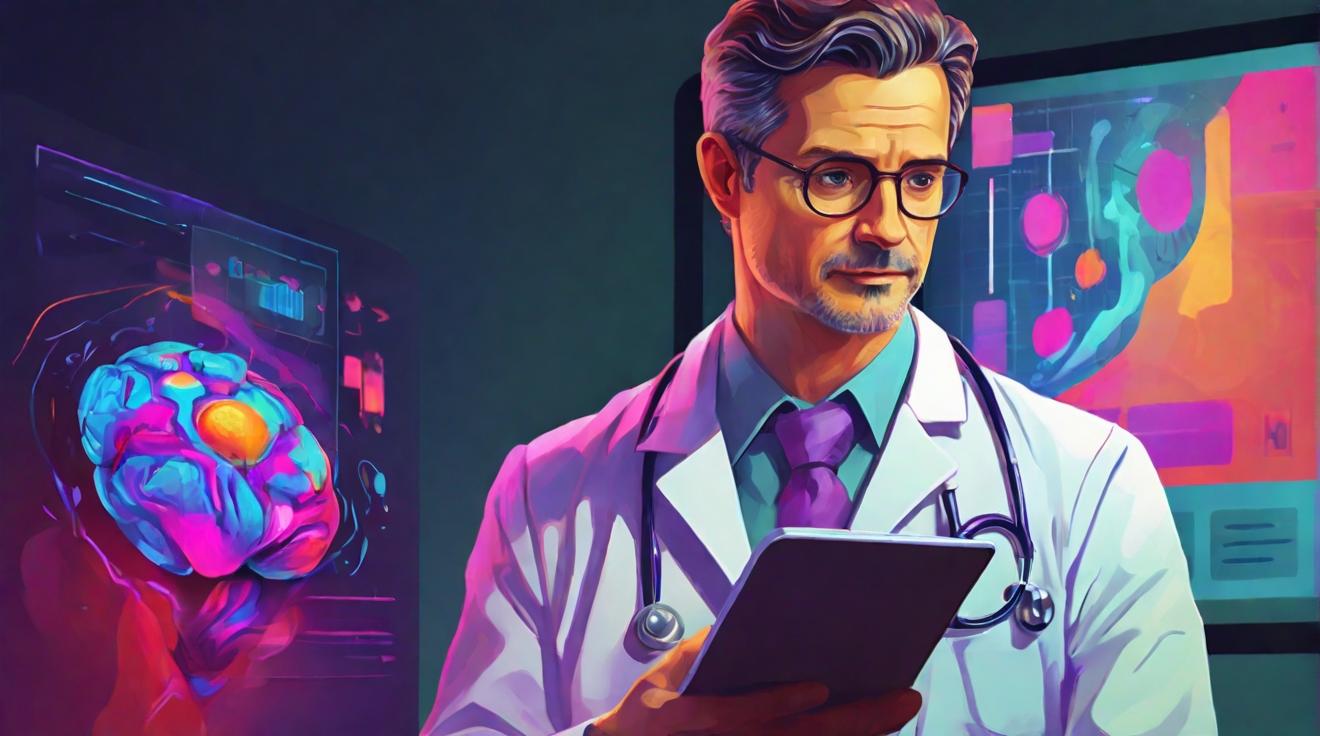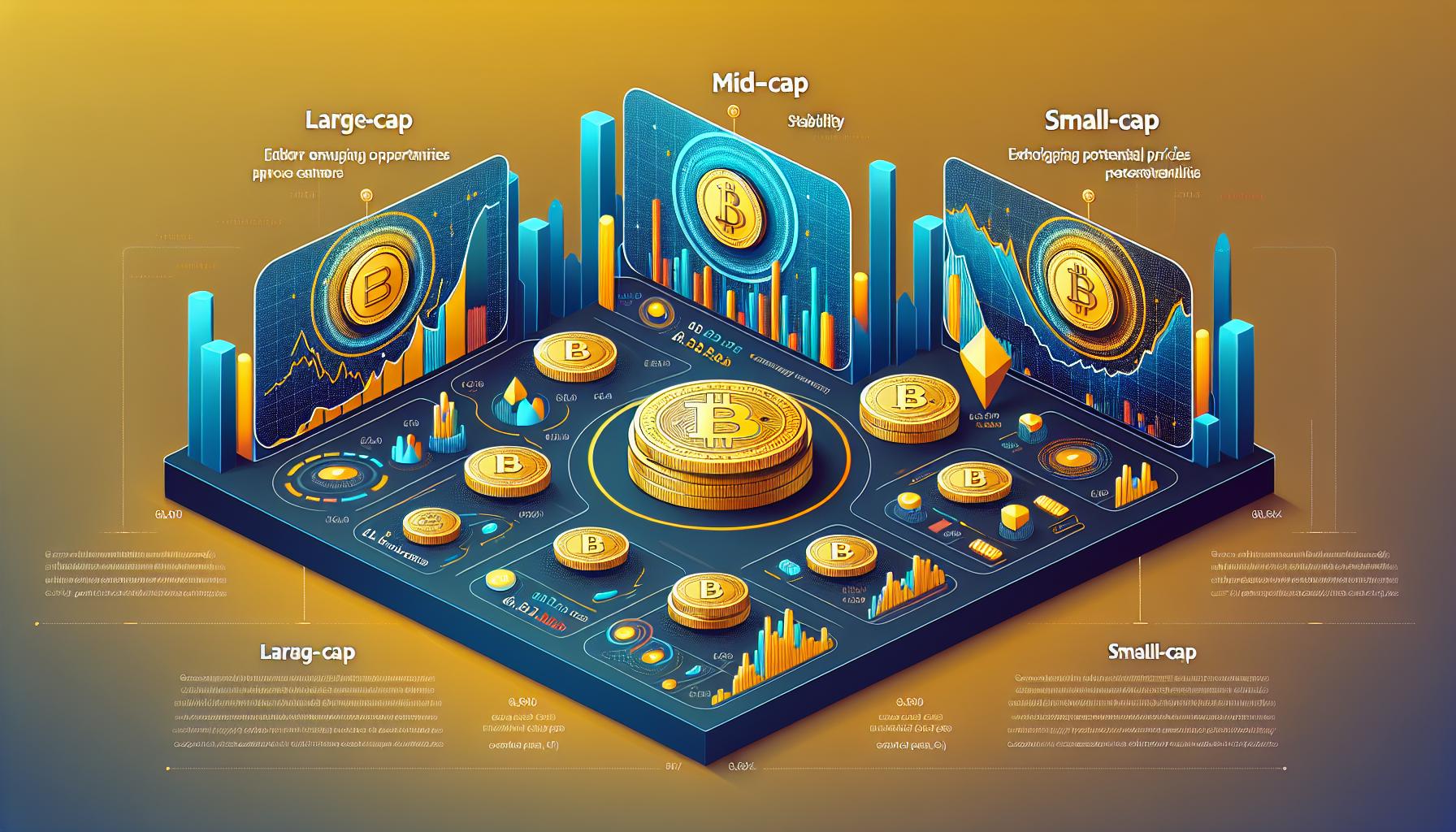Rising Use of ChatGPT in Healthcare: A Boon or a Risk?
In an era where AI technology is advancing at a swift pace, the healthcare sector is not left behind in embracing these changes. Recent trends indicate a notable increase in doctors utilizing ChatGPT, a large language model crafted by OpenAI, to lighten their heavy workloads. With up to 10% of doctors now leaning on this AI assistant, the landscape of healthcare and patient management is undergoing a significant transformation.
A groundbreaking study conducted by the University of Kansas Medical Center sheds light on the pivotal role ChatGPT could play in bridging the gap between the ever-expanding medical literature and the practical needs of clinicians. Tasked with the monumental challenge of keeping abreast with the dense volume of new medical articles, physicians find an ally in ChatGPT. This study, highlighted in the Annals of Family Medicine, utilized ChatGPT 3.5 to generate summaries for 140 peer-reviewed studies from 14 distinguished medical journals. The astonishing outcomes revealed that AI-generated summaries were not only 70% shorter but also boasted a staggering 92.5% accuracy rate and a 90% quality score, demonstrating minimal bias across the board.
Such efficiency in sifting through the plethora of medical texts presents ChatGPT as a potentially invaluable tool for improving clinical decision-making. Especially within high-pressure settings, like emergency rooms, where time is of the essence, AI's prowess in summarizing complex medical studies could significantly enhance the speed and quality of patient care.
However, the road to fully integrating AI in clinical settings is fraught with concerns about the reliability of AI in critical decision-making processes. The study acknowledges rare instances of serious inaccuracies and “hallucinations” within these AI summaries, highlighting a cautious note on the overdependence on AI without proper oversight.
As ChatGPT and similar AI tools become increasingly woven into the fabric of healthcare, the emphasis on the need for healthcare professionals to oversee and validate AI-generated content cannot be overstated. The potential for AI to revolutionize patient care and streamline the workload of healthcare providers is immense. Yet, it accompanies a significant responsibility to ensure that such integrations are safe, accurate, and ultimately beneficial to patient outcomes.
In the quest for a balance between embracing AI and safeguarding clinical integrity, the healthcare industry stands on the precipice of a new era marked by technological breakthroughs and ethical deliberations. This pivotal moment underscores the importance of cautious optimism as we navigate the promising yet unpredictable waters of AI in healthcare.
Analyst comment
Positive news: The rising use of ChatGPT in healthcare is seen as a boon due to its ability to summarize complex medical studies efficiently, potentially improving clinical decision-making and enhancing patient care. It offers a significant transformation in the landscape of healthcare and patient management.
However, there are concerns about the reliability of AI in critical decision-making processes, as some rare instances of serious inaccuracies and “hallucinations” have been noted in AI-generated summaries. Healthcare professionals need to oversee and validate AI-generated content to ensure safety, accuracy, and patient benefits.
As AI tools become increasingly integrated into healthcare, the industry is at a pivotal moment that requires cautious optimism and ethical deliberations to maintain a balance between embracing AI and safeguarding clinical integrity. The market for AI in healthcare is expected to grow, but trust and regulations will play key roles in its widespread adoption.













